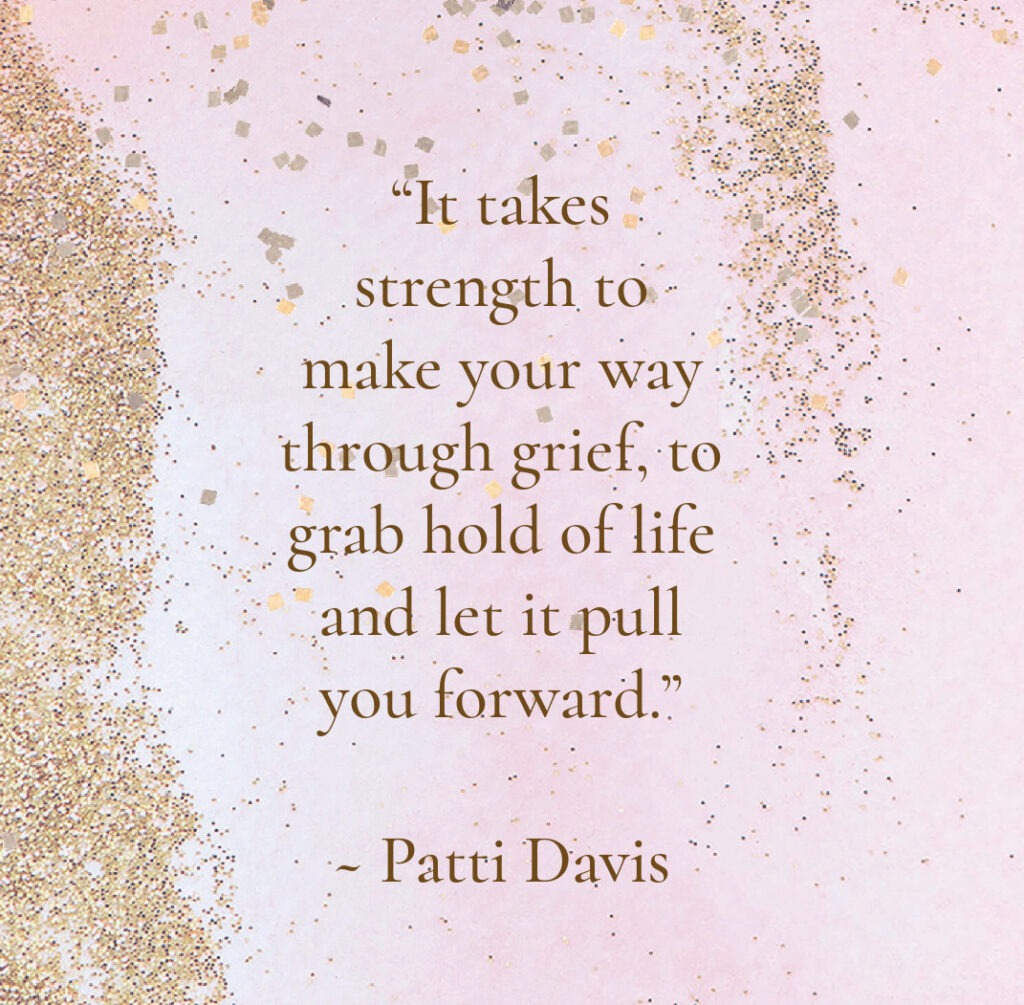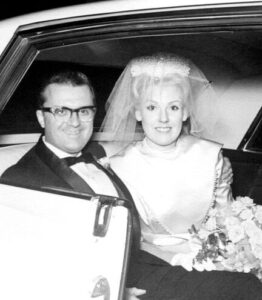Guilt – How to Manage When It Accompanies Grief

Our last blog addressed those who have lost loved ones and are experiencing guilt hand in hand with their grief. This combination is very common and can be hard to understand. Once you realize that you have feelings related to guilt, what can you do about it? Here are a few suggestions.
Assess: Set aside time to explore what you are feeling and try to understand the source of your guilt. You need a correct perspective before you can work to rid yourself of these feelings. Was there anything you truly could have done to prevent the circumstances of the death, at the time, not in hindsight? Is it realistic to accept the blame or responsibility? Are the feelings rational or a sign of something else, like the lack of control of another person’s life? Talking with a family member, friend, counselor or support group, can help with your assessment.
Admit: Even if feelings of guilt are misplaced, it is best to acknowledge them and move on. Most likely you did the best you could with what you knew. Be honest with yourself. Take the mistakes you may have made and turn them into positives by using what you have learned to change the way you handle circumstances in the future. Did you not prioritize time with your loved one? Were you hesitant to say goodbye? Did you turn away when they reached out? Use what you consider your failings to alter your future behavior. Turn a negative into a positive.
Forgive: It is often easier to forgive someone else than to forgive ourselves. Everyone makes mistakes or misjudges, but it shouldn’t be a life sentence. Forgiving isn’t making excuses; it is allowing yourself to move forward, giving yourself a break, caring for yourself. To help with this, ask yourself if your loved one was still alive, would they want you to be held back from enjoying all that life can bring by suffering from guilt surrounding their loss. It is doubtful. If you loved them enough to grieve, they certainly must have loved you enough to forgive.


















